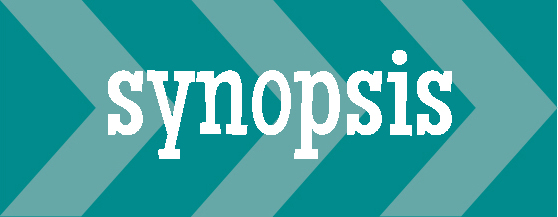In case you haven’t noticed, and for the majority of you who read this blog and keep with YA books you probably have, the growing trend in YA now seems to be science fiction. And just coming off Sci-Fi Month in November, some books I heard about during the month are fresh on my mind!

Time Between Us/ All Our Yesterdays/ Relativity
While there have been YA titles dealing with space or aliens (Across the Universe trilogy, The 5th Wave), most of these sci-fi books seem to be dealing with time travel (like Time Between Us and All Our Yesterdays) and alternate realities (Reativity and Dissonance) or technology (Elusion and Free to Fall).

Dissonance/ Elusion/ Free to Fall
I’m not sure what started this trend, other than perhaps it seems like a natural progression to come from the dystopia genre (which is also still going fairly strong, and of course sci-fi and dystopia often go hand in hand), which might explain why more of these stories seemed focused on what I consider “earth-bound” science fiction, rather than focusing on what’s in space. And personally, there are several reasons I am excited to see this trend grow…
Sci-fi arouses our curiosity. I think one of the best things about science fiction is all the “what if” questions it poses. I recently started watching the new Fox show Almost Human, which raises the question: What if android (“synthetic”) cops were paired with human cops?

Or with a YA book I read this year, Pivot Point, what if one could see the different futures that await her when she has a decision to make? Really, the what-if questions we could ask in science fiction are endless!
It awakens creativity and scientific interest at the same time. I have to admit, I have never been interested in science. Ever. It’s always been my weakest subject and I have never cared to understand it. But in college I suddenly developed an interest in learning about genetic engineering. So while I will probably never have an interest in all sciences, there are now at least a couple of areas that I do find interesting, I think largely thanks to science fiction. It also really awakens my creative juices as I think through all those “what-if” scenarios. And I think both creativity and science are important!
It can be a gateway into more science fiction! Let’s face it, I’m sure the actual sci-fi content in most of these YA books is pretty light. I personally don’t have a problem with that, in fact it can be helpful when you’re as science-deficit as I am, but others might see this new trend as just watered-down science fiction. And there’s probably some truth to that, as the dystopia genre has been watered down, but lighter science fiction can be a gateway that leads to Ender’s Game, Star Trek, or more hardcore stuff that I myself have not checked out yet! Presenting a story with some science fiction, even if it also has a contemporary feel or a romantic subplot, can be just what some people need to get their feet wet and realize just how much they might enjoy other science fiction!
What do you think about the rising trend of science fiction in YA literature? Do you have a favorite sci-fi YA book?















